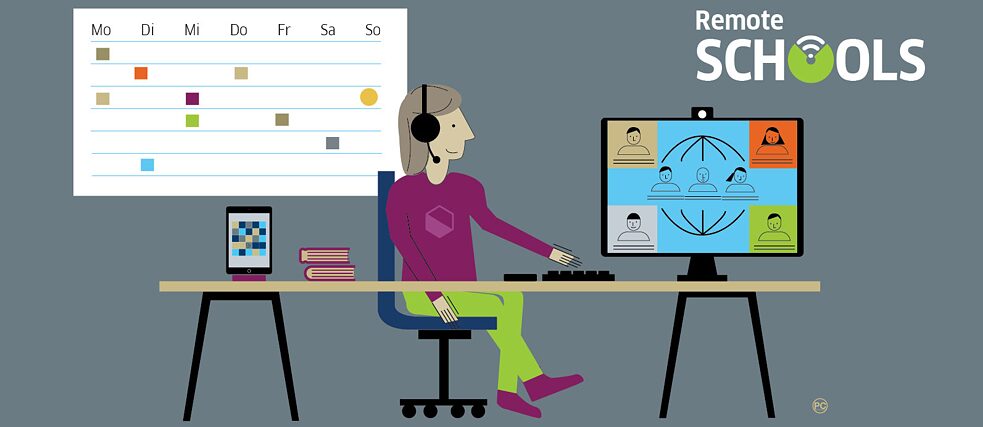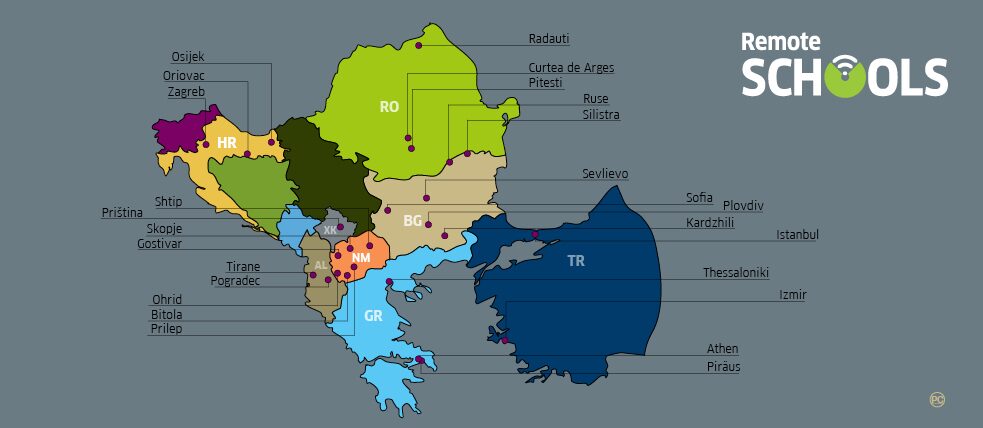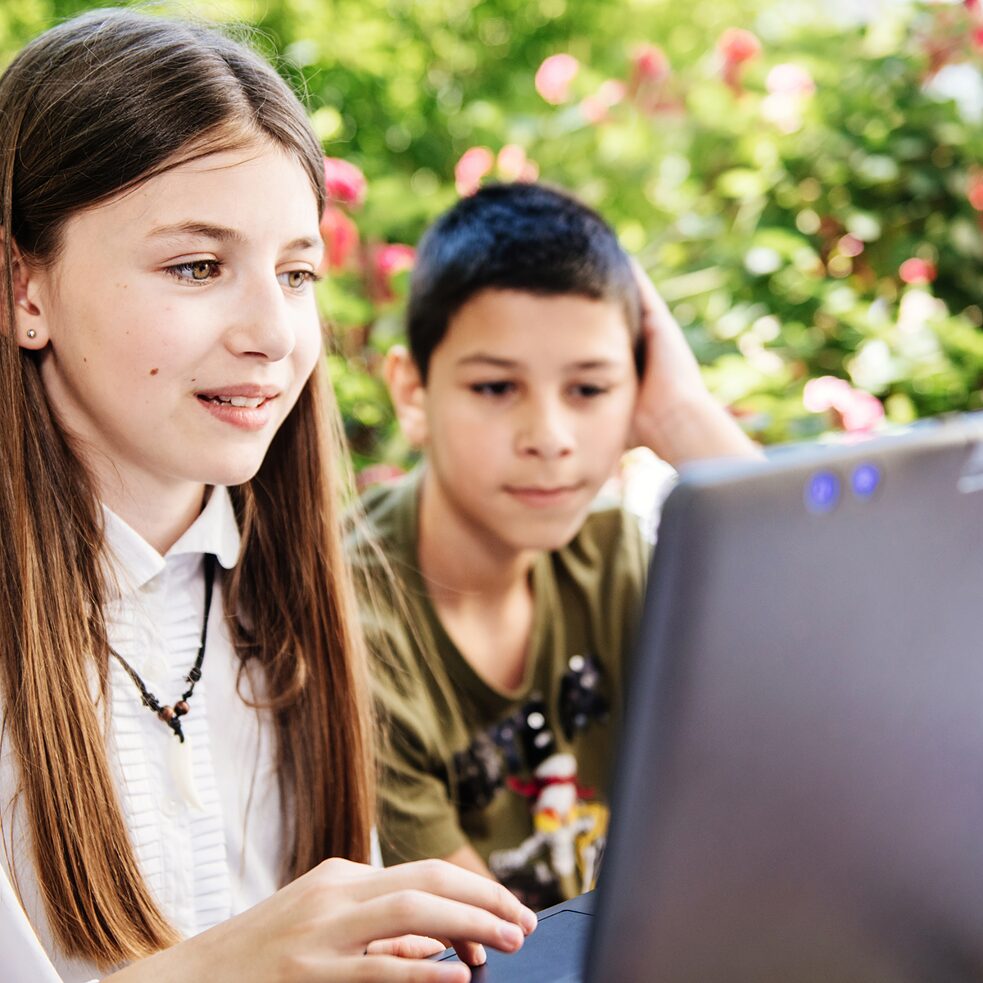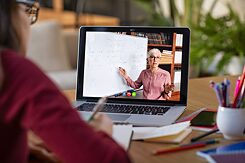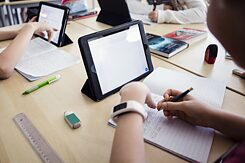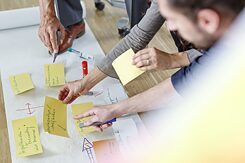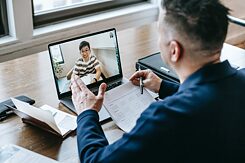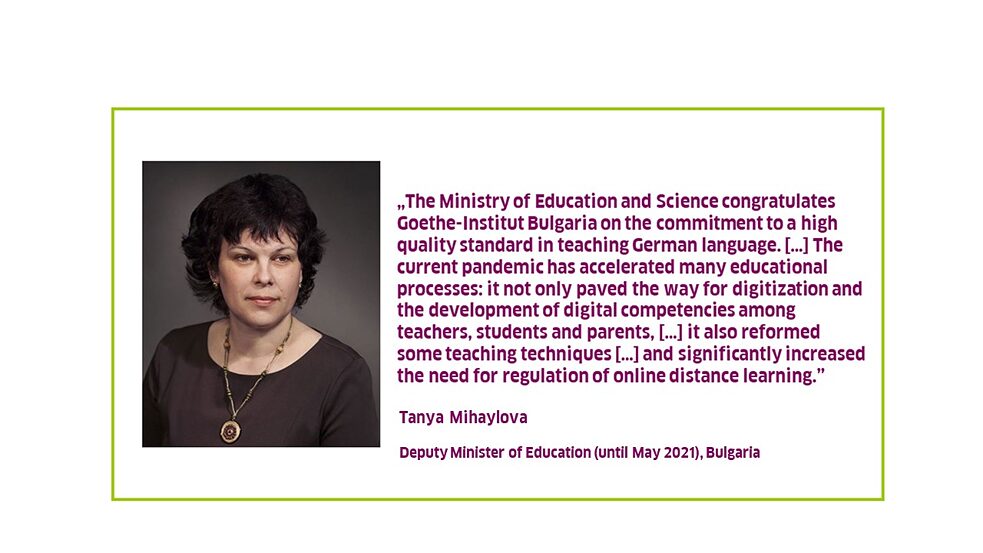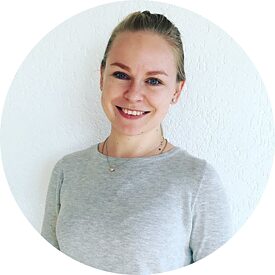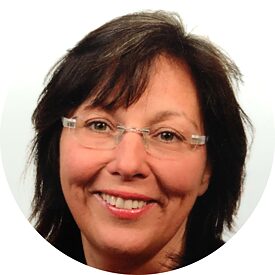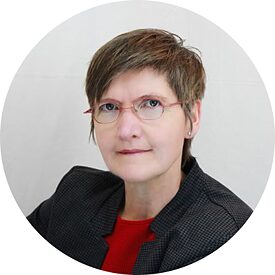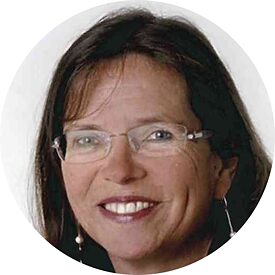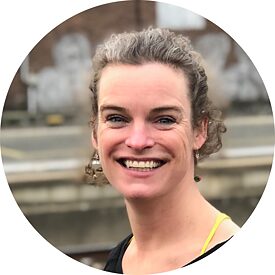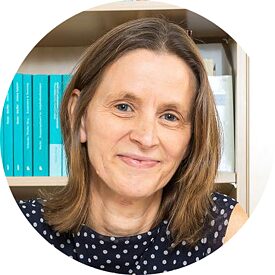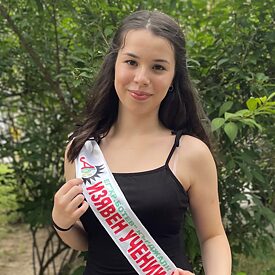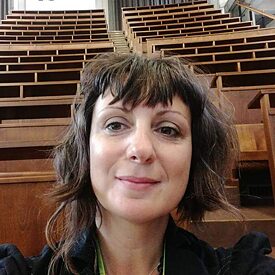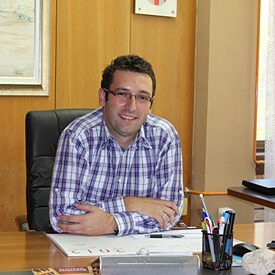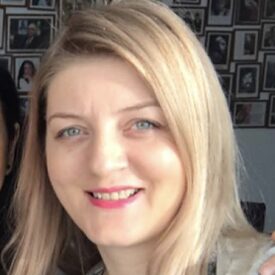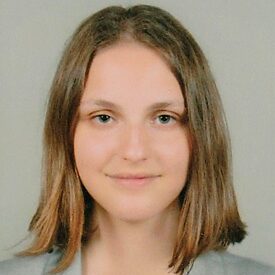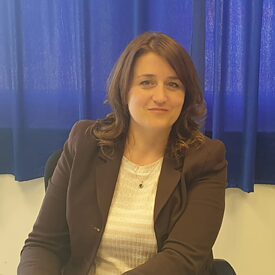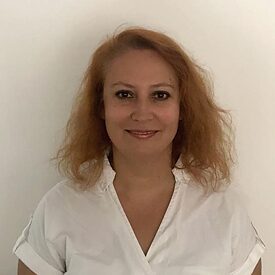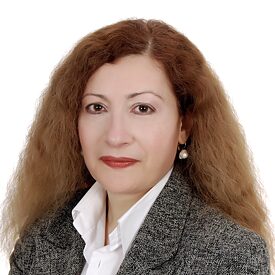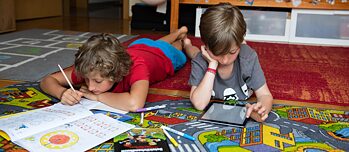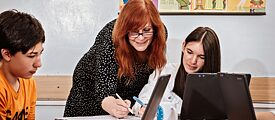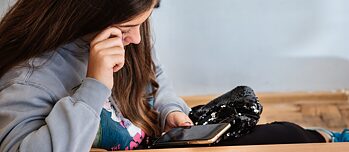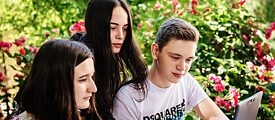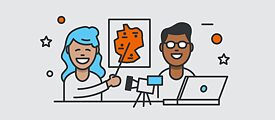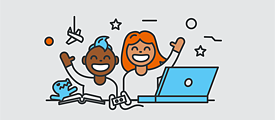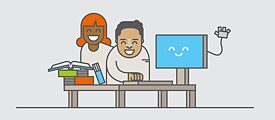Zum Projekt wurde eine Dokumentation erstellt, in denen sich Teilnehmende aus drei Ländern zum Distanzlernen äußern.
The Covid-19-crisis and the resulting closing of schools and home-schooling situation has met not only teachers and students with extraordinary challenges, but also the school administration and the ministries of education: How can standard classroom communication be transferred to a child’s room in their own home? How much “online”-behavior can and should you expect from students? How is educational content taught digitally and how can goals be reached in spite of a change in format? And most of all: How can I, as a teacher, motivate my students to learn (German) independently?
Successful socially distanced learning and teaching requires a functional interplay of organization, people, and technology: Schools and teachers must succeed in organizing and creating socially distanced learning; Students and parents need structures for lessons at home, and digital solutions are needed in order to make educational content and exercises available at home and to enable a socially distanced exchange.
The project ”Remote Schools” aims to connect interested schools in the Southeastern European region and, with the Goethe-Institute’s support, enable school boards as well as German teachers to try out models for goal-oriented and motivated German teaching in remote mode. The aim is to discuss the procedures and methods tested at pilot schools with education partners in a concluding symposium and to convert them into long-term local educational structures.
Please download the German-English brochure on the project with interesting articles and interviews on the subject of distance learning!
Your contact person for all questions about the project:
Susanne Wunderlich, Goethe-Institut Bulgarien
remote-schools@goethe.de
